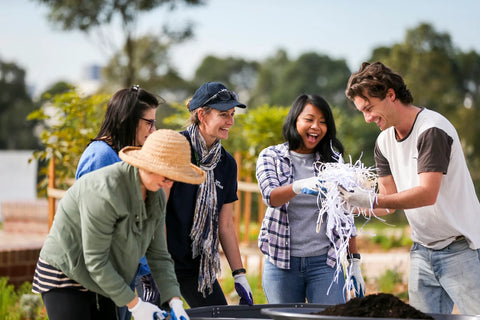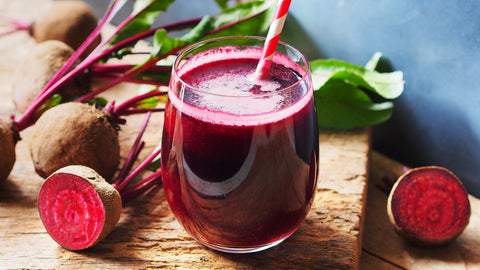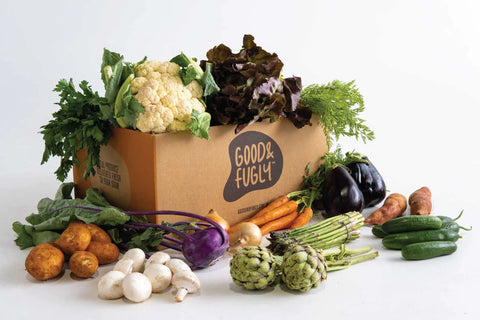Australian farmers have it tough, and there are also community farms that are always desperately in need of help. Volunteering on a farm in Australia can be an incredibly rewarding experience, and while it might not pay (there is a reason it’s called “volunteering,” after all), that’s not to say you won’t get anything out of sharing your time and skills.
Whether you’re interested in learning something about farming processes, or even organic farming, connecting with nature, or contributing to the local community, there are several ways to get involved via volunteering and really make a difference.
Six Reasons To Volunteer On Australian Farms
Naturally, if you’re going to give up your time to support a farming project via volunteering, you do want to get something in return for your efforts. At a basic level, volunteering provides a unique chance to engage with the land, animals, and people who make up Australia’s vibrant agricultural community.
But there’s more to it than that. Here are just some of the real benefits that you can expect from committing some time to volunteer on a farm:
- Rewarding Work & Skills Development
Volunteers receive thorough induction and role-specific training. Whether you’re planting crops, caring for animals, or maintaining farm infrastructure, you’ll have a satisfying hands-on experience, and you’ll learn real skills, which you can then take back to anything from your own home garden to a possible career change. More than one person discovered a love for agriculture from a volunteering session, and subsequently bought their own farmland as an escape from city life.
- Life-Long Friendships
Volunteering connects you with like-minded individuals who share your passion for helping Australia’s agricultural industry. Volunteering isn’t just work. It’s an opportunity to participate in social events, share experiences, and build friendships. Volunteering is often a seasonal activity, and friends look forward to reconnecting with one another each year.
- Inside Information
As a volunteer, you’ll have exclusive access to behind-the-scenes updates. This knowledge can help you understand what’s going on with Australian agriculture and how to better support it overall – for example, through volunteering you’ll get a sense of just how much produce is lost to food waste, and how some farmers are looking to tackle that problem.
- Personal Satisfaction
People who volunteer on farms can find the experience personally fulfilling for any number of reasons. Yes, they’re helping the farmers, and that’s a plus, but there’s also the personal satisfaction of a day’s good work, the health benefits of physical activity, and the taste of a good beer at the end of the day. Those are all important things as well.
How to Volunteer on Australian Farms
If you’re ready to roll up your sleeves and get involved, here are three avenues for volunteering:
- WWOOF (World Wide Opportunities on Organic Farms)
WWOOFing allows you to spend 4-6 hours daily (up to 38 hours per week) volunteering on organic farms. In exchange for your work, you receive meals and accommodation. It’s a fantastic way to learn organic farming techniques, experience local life, and reduce your carbon footprint.
WWOOF Australia offers opportunities across the country. Many people use vacation time to volunteer for a short period of time as their way of giving back to the community.
- Rural Aid Farm Army
The Farm Army connects farmers seeking assistance with volunteers. Whether it’s helping with farm chores, repairs, or other tasks, you’ll make a difference. The Farm Army finds people for roles such as farmhand, farm sitting, fencing, and fruit picking roles.
- Workaway
Workaway provides diverse opportunities, including organic farms, homestays, hostels, and community projects. You’ll work a few hours a day (usually 4-5 hours, 5 days a week) in exchange for meals and accommodation. It’s a chance to immerse yourself in local culture and contribute to meaningful projects.
One of the common things that people like to do is take a gap year to volunteer on a farm. It gives them the chance to see the local countryside and perhaps even move around parts of Australia that they just would never experience otherwise, while still having their needs provided to them.
Most gap years are between high school and university, but there’s no reason that that needs to be the case. Are you feeling stress from work, or have your children finally left the nest and now you have some spare time on your hands? People of any age can enjoy a period of volunteering, so why not give it a go?



